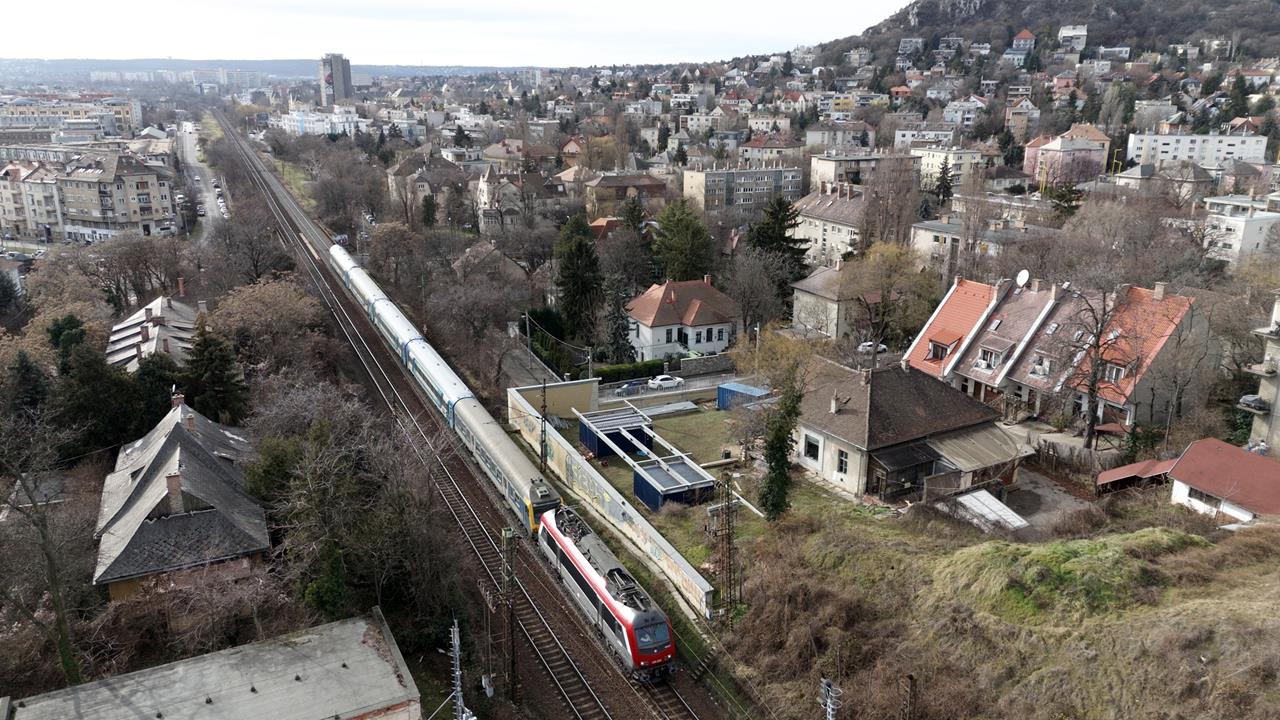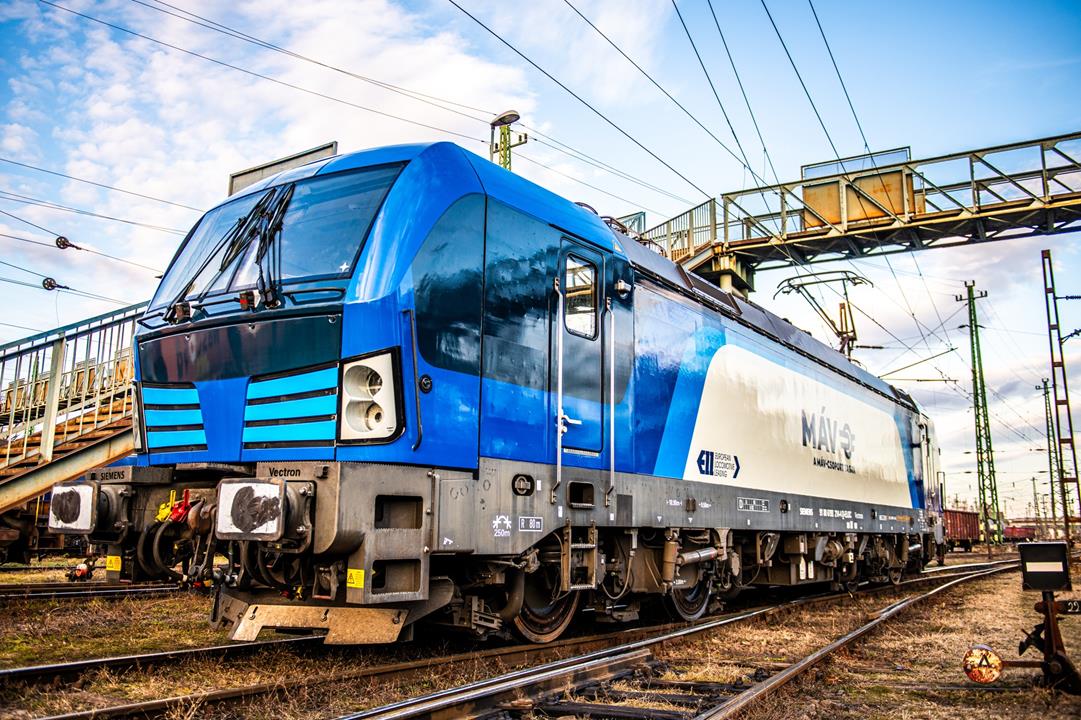New bill: Orbán cabinet wants to significantly reduce train frequency between Budapest and rural towns, plans to close train lines

A recently submitted bill shows that the Orbán cabinet may significantly reduce train frequency between Budapest and rural towns. At least that is what Dávid Vitézy, the Fidesz-backed former mayoral candidate of Budapest, said. Vitézy worked and works as a transport expert in civilian life. He said Hungarians should kill the bill by protesting and writing emails and letters of complaint to their MPs regardless of whether they are opposition or Fidesz.
Train frequency between Budapest and rural towns may be reduced
According to Dávid Vitézy, János Lázár, Hungary’s transport and construction minister, submitted a bill that would significantly cut train frequency between Budapest and Hungarian rural towns and result in the closure of many train lines if accepted by the Hungarian Parliament. The former mayoral candidate backed by Fidesz and the leader of the Podmaniczky Movement in the Budapest Municipal Assembly said that Lázár’s bill is unacceptable and would damage public transport in Hungary.
The new bill will be discussed in the February session of the parliament, and it says that the Orbán cabinet would claim that it is enough to operate two trains between Budapest and the country towns or between towns. That would mean that instead of the current hourly schedule, only two trains would commute between Szeged and Budapest, Győr and Budapest, or Nyíregyháza and Debrecen. Vitézy highlighted that between populous towns and Budapest, trains typically commute hourly. Moreover, between the most populous county seats and Budapest, trains commute every half an hour.

“Why did they include in the bill that it is enough to operate two trains if they are not preparing for a frequency cut?”, asked Vitézy.
Train line closures ahead?
Furthermore, the new law would terminate all parallel bus and train traffic if that does not result in a maximum of 50% travel time increase. That means if the bus carrying passengers between villages is “just” 1.5 times slower than the train in the same direction, the Orbán cabinet would close the line.
He said such thinking is not unprecedented. For example, the Hungarian government closed the Komló train line even though the bus was much slower. Two years ago, Minister Lázár closed ten lines. The new bill suggests the government is prepared for new closures and frequency reductions on the entire line, Vitézy added.

He encourages everybody to send letters and emails of complaint to their MPs, and the parliament should say nay to the regression of the Hungarian public transport system.
Read also:







